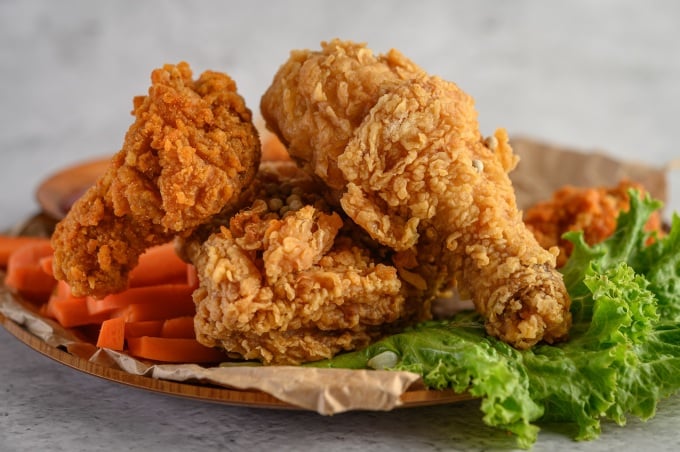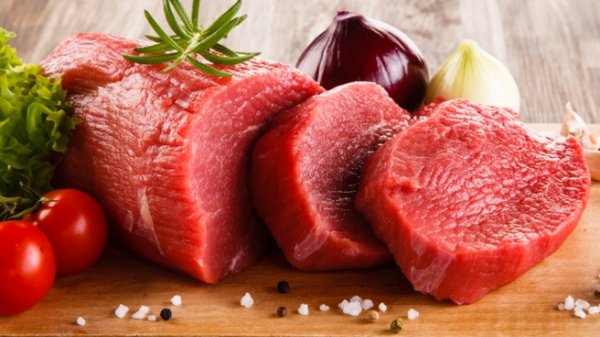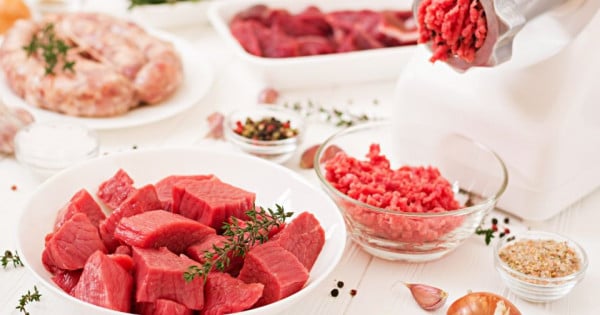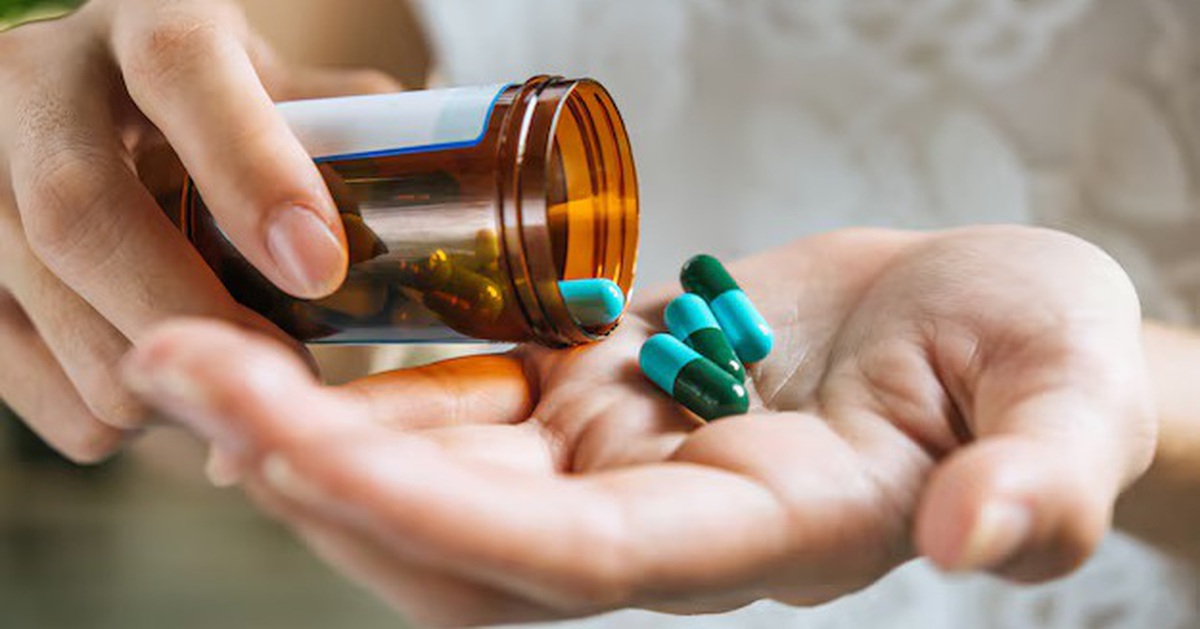People with ulcerative colitis should eat many small meals a day, avoid fatty foods and processed meats to better control the disease.
Ulcerative colitis is an inflammation of the lining of the colon. People with the condition take prescription medications and avoid certain foods to help relieve symptoms.
Eat small meals frequently.
People with ulcerative colitis who eat large meals put pressure on the intestines, which can cause symptoms such as bloating, abdominal pain, and diarrhea. Patients should eat smaller meals throughout the day.
People with anorexia and nausea should eat more frequent meals to reduce nausea and help replace food lost due to vomiting. Small meals also need to provide adequate protein, fat, fiber, vitamins and minerals needed by the body to avoid weight loss or malnutrition.
Foods to eat during a flare-up include bananas, white or sourdough bread, white rice, cereals, fruit juices, cheese (if lactose intolerant), peanut butter, cooked vegetables, potatoes.
Avoid greasy, processed foods
A 2019 review by the University of Texas, USA, based on 96 studies, showed that a diet high in trans fats found in processed foods and fried foods is likely to cause inflammation and a higher risk of ulcerative colitis.
Conversely, people who eat a lot of omega-3 fatty acids have reduced ulcerative colitis and a lower risk of gastrointestinal disease. Omega-3 fatty acids reduce intestinal inflammation, maintain a healthy gut, and improve quality of life. Foods rich in omega-3 fatty acids include salmon, mackerel, flaxseeds, chia seeds, walnuts, and soybeans.
People with ulcerative colitis and Crohn's disease should limit red and processed meats and instead follow a healthy Mediterranean diet. This diet includes plenty of fresh fruits and vegetables, fish, skinless poultry, olive oil, beans, nuts, and no red or processed meats.

Fried foods with a lot of oil are not good for people with ulcerative colitis. Photo: Freepik
Fiber consumption
Soluble fiber slows down digestion, has the ability to absorb water, helps eliminate excess fluid in the intestines, thereby reducing diarrhea. Vegetables and fruits rich in soluble fiber such as apples, oranges, pears, strawberries, blueberries, avocados, sweet potatoes, carrots...
People with constipation should eat more insoluble fiber, because this substance can speed up the digestion process, reducing this symptom. People who have had surgery to remove bones, have just had surgery or have intestinal stenosis, or are having a flare-up should adopt a low-fiber diet.
See the doctor
Patients are advised by doctors to eat suitable foods and have enough nutrients needed for the body, especially during the outbreak of symptoms. Patients should take medication as prescribed, in the correct dose and on the correct schedule to treat the disease more effectively.
Mai Cat (According to Everyday Health )
| Readers ask questions about digestive diseases here for doctors to answer |
Source link






![[Photo] Looking back at the impressive moments of the Vietnamese rescue team in Myanmar](https://vstatic.vietnam.vn/vietnam/resource/IMAGE/2025/4/11/5623ca902a934e19b604c718265249d0)
![[Photo] "Beauties" participate in the parade rehearsal at Bien Hoa airport](https://vstatic.vietnam.vn/vietnam/resource/IMAGE/2025/4/11/155502af3384431e918de0e2e585d13a)

























![[Photo] Summary of parade practice in preparation for the April 30th celebration](https://vstatic.vietnam.vn/vietnam/resource/IMAGE/2025/4/11/78cfee0f2cc045b387ff1a4362b5950f)





























































Comment (0)